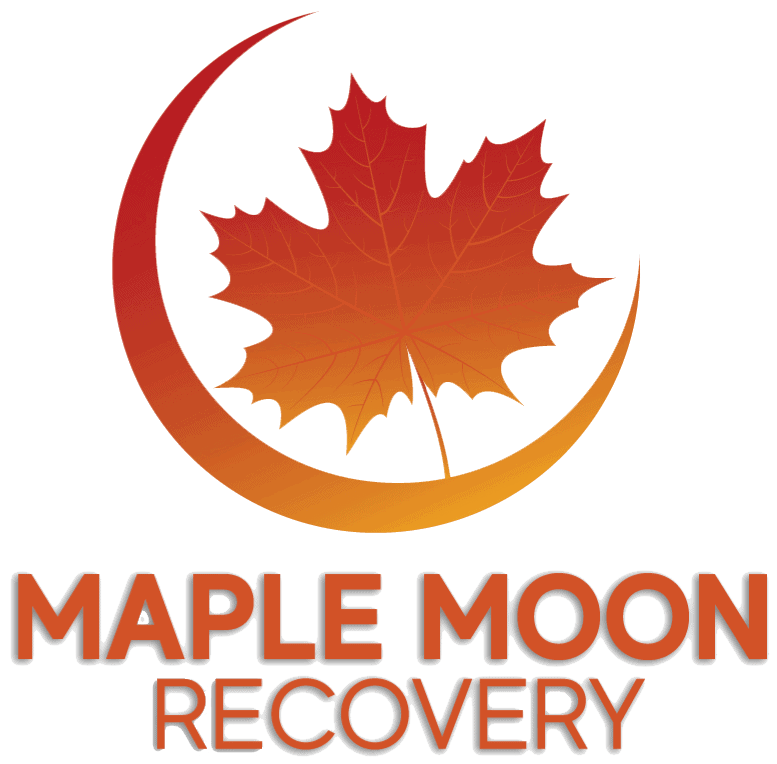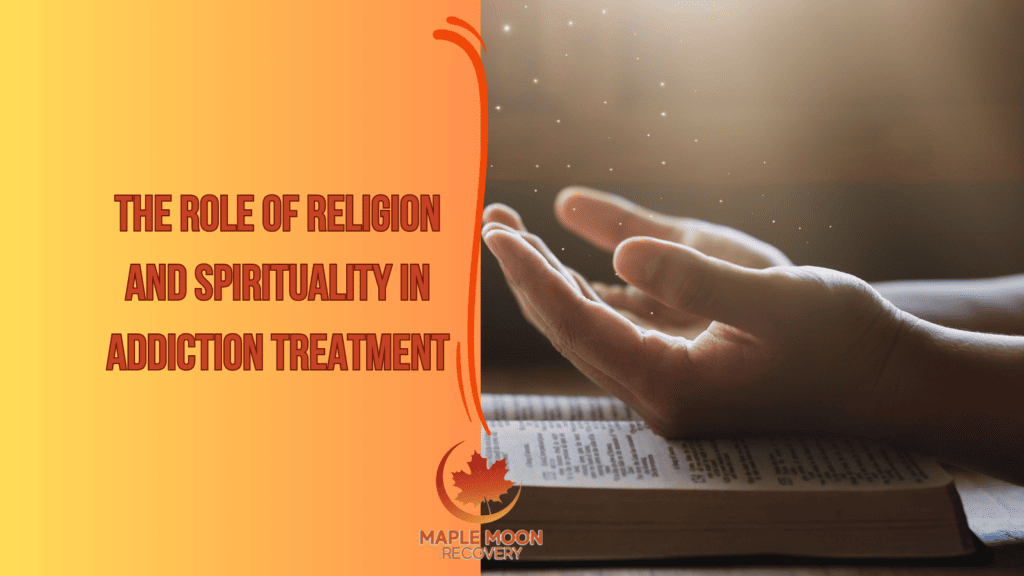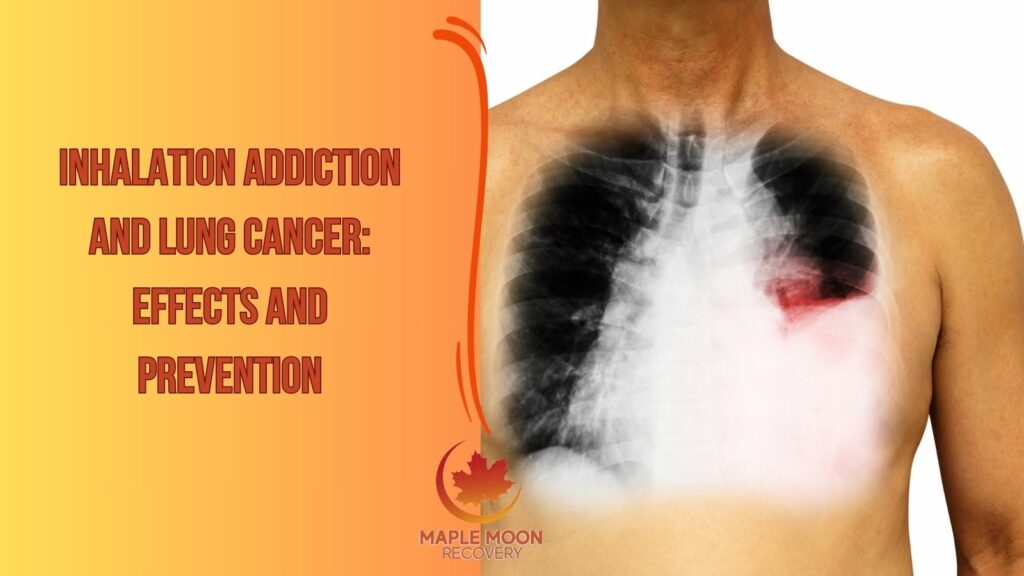Drug overdose deaths in the United States are rapidly approaching one million since the turn of the century. According to the National Center for Drug Abuse Statistics, 700,000 lives have been claimed due to drug overdoses since the year 2000. These numbers represent real individuals, families, and communities struggling with the profound impact of substance abuse.
In 2020, a staggering number of 37.309 million Americans aged 12 years and above were categorized as current illegal drug users, having used drugs within the last 30 days. This issue is not just a numerical one, but it also poses a grave threat to the fabric of societal well-being. Addiction is a powerful force that not only shatters lives but also presents a significant challenge to healthcare systems, law enforcement, and the moral compass of our communities.
Amidst this challenging landscape, it’s crucial to explore innovative and holistic approaches to addiction treatment. Beyond conventional methods, an increasing number of experts recognize the potential of religion and spirituality as integral components in the journey toward recovery.
What Is The Role of Religion And Spirituality In Addiction Treatment?
A study on religion and spirituality in addiction treatment found that religious and spiritual practices play a significant role in addiction treatment. While medications and psychological interventions are crucial for recovery, they alone may not be sufficient. Religious participation can address the underlying issues that contribute to alcohol and drug dependency, which medical interventions alone might not be able to tackle.
Based on the reviewed evidence, religious beliefs, practices, and sense of belonging, as well as spiritual programs inspired by faith in a Higher Being, have been shown to make a meaningful contribution towards preventing and overcoming substance abuse.
Does Spirituality Help People Recover Faster?
As per the research mentioned earlier, around 73% of substance abuse recovery programs in the USA incorporate a spirituality-based component. This component is mostly found in the form of 12-step programs and fellowships, which emphasize the significance of relying on God or a Higher Power to maintain sobriety. It has been observed that individuals struggling with addiction and possessing spiritual or religious beliefs tend to recover at a faster pace.
How Do Faith-Based Institutions Save Billions To The U.S. Economy?
Faith-based institutions and congregations are vital in responding to crises and bringing communities together. They have a unique ability to help people overcome negative experiences that may cause mental health issues and substance abuse. A recent study found that volunteer addiction recovery groups, which are often led by faith organizations, save the US economy up to $316.6 billion each year without requiring any taxpayer money. Given the success of these groups, it makes sense for public funds to support their efforts in dealing with substance abuse.
Some people who have had bad experiences with religion may turn to drugs or alcohol. However, over 84% of studies suggest that having faith can actually help prevent addiction or aid in recovery. Less than 2% of studies show that religion can be harmful. In fact, faith is a very powerful and important tool for preventing and recovering from substance abuse. It can help heal the mind, body, and spirit. That’s why it’s concerning that fewer people in the US are identifying with a religion. This could have negative effects on our nation’s overall health.
What Are The Benefits Of Religion And Spirituality In Addiction Treatment?
The incorporation of religion and spirituality into addiction treatment has been recognized for its multifaceted benefits. It offers individuals a holistic approach to recovery. Although the effectiveness of these practices can vary from person to person, several consistent benefits arise from the integration of religious and spiritual elements into addiction treatment programs. These are some of the benefits:
1. Sense of Purpose and Meaning
Many people find comfort, guidance, and inspiration in religion and spirituality. These beliefs can give us a sense of purpose and meaning in life, which can be especially helpful when we are going through addiction recovery. This gives us the motivation to move forward and work towards a better future.
2. Community Support
Being part of a religious or spiritual community will give you a sense of belonging and support. Finding a group of people who share your beliefs and values is really helpful if you’re trying to stay sober. You can make friends who understand what you’re going through and who can support you on your journey.
3. Coping Mechanisms
Faith-based practices provide individuals with coping mechanisms rooted in spirituality. Prayer, meditation, and other spiritual disciplines offer tools for managing stress, anxiety, and the emotional challenges that often come with the recovery process.
4. Guidance for Moral and Ethical Living
Many religious and spiritual traditions emphasize moral and ethical principles. Incorporating these values into addiction treatment helps individuals develop a moral compass, guiding them towards choices that align with their spiritual beliefs and contribute to a more positive lifestyle.
5. Reduction of Isolation
Addiction can be an isolating experience, but religious and spiritual communities offer a sense of connection. The feeling of being part of something larger than oneself can counteract the isolation that often accompanies substance abuse and aid in the recovery journey.
6. Stress Reduction and Mindfulness
Spiritual practices often involve mindfulness techniques, such as meditation and prayer. These practices can contribute to stress reduction, promoting a more focused and centered state of mind, which is crucial in managing triggers and preventing relapse.
7. Hope and Resilience
Belief in a higher power or a spiritual force can instill hope and resilience in individuals facing addiction. This hope is a powerful driving force, motivating individuals to overcome challenges and persevere in their pursuit of recovery.
8. Enhanced Psychological Well-being
Engaging in religious and spiritual practices has been linked to improved mental health outcomes. The incorporation of faith-based elements in addiction treatment can contribute to enhanced psychological well-being, addressing both the symptoms of addiction and co-occurring mental health issues.
9. Lifestyle Changes
Religion and spirituality often encourage positive lifestyle changes. This may include adopting healthier habits, building positive relationships, and making choices that align with one’s spiritual values—all of which are integral to the process of recovery.
The benefits of incorporating religion and spirituality into addiction treatment extend beyond the traditional medical model, offering individuals a holistic and culturally sensitive pathway to recovery. However, these approaches may not be suitable for everyone, and a personalized, patient-centered approach is essential for successful integration into addiction treatment programs.
What Are Some Examples of Religion And Spirituality In Addiction Treatment?
Many addiction treatment programs have successfully integrated religious practices. Alcoholics Anonymous (AA) and other similar groups, for instance, use the 12-step program which, though not directly religious, includes spiritual ideas such as submitting to a higher power, self-reflection, and making reparations.
The role of religious leaders and therapists is vital in this area. Therapists who incorporate religious practices into their treatment protocols have reported notable improvements in their clients’ recovery journey. These improvements are frequently linked to the sense of hope, community connection, and moral framework that religious practices offer.
How Do Meditation and Mindfulness Aid in Addiction Recovery?
More and more therapists are recognizing the value of spiritual practices like meditation, mindfulness, and yoga in treating addiction. These practices can help people feel more peaceful, understand themselves better, and control their behavior. For example, mindfulness teaches people to focus on the present moment, which can help them better understand their cravings and learn how to manage them.
Mindfulness and meditation have been found to lower stress, anxiety, and depression levels, which are frequently underlying factors of addiction. Additionally, they enhance emotional regulation and help individuals cope with cravings, which ultimately reduces the likelihood of relapse.
How Do We Integrate Religion And Spirituality In Addiction Treatment?
Integrating religion and spirituality into clinical practice in a successful way necessitates an approach that is sensitive and tailored to the individual. At Maple Moon Recovery, our therapists are equipped to identify and honor the unique beliefs and spiritual practices of each patient. This recognition is essential to establish a therapeutic environment that fosters a sense of understanding and support for patients as they navigate their path to recovery.
It can be helpful to include religious or spiritual practices that are in line with the patient’s personal beliefs as part of their treatment plan. For instance, if a patient derives comfort from prayer, therapists may suggest that they incorporate prayer into their daily routine. Likewise, for individuals who find purpose in mindfulness or meditation, therapists may choose to integrate these practices into their therapy sessions.
What Are The Ethical Considerations When Integrating Religion And Spirituality In Addiction Treatment?
When it comes to including religion and spirituality in treatment, therapists must be mindful of ethical considerations. It is important for therapists to refrain from imposing their own beliefs on patients and instead provide support that resonates with the patient’s own spiritual views. This approach necessitates striking a balance between offering spiritual support and adhering to the evidence-based practices that are fundamental to effective addiction treatment.
Maple Moon Recovery stands out in its dedication to providing comprehensive and empathetic care by addressing the physical, mental, emotional, and spiritual aspects of addiction. Incorporating spiritual practices into treatment has been reported by patients to not only aid in addiction management but also provide a greater sense of purpose and connection in their lives. The effectiveness of this integrative approach is demonstrated through case studies that showcase its positive impact.
How Can Diverse Beliefs Be Addressed in Addiction Treatment?
Integrating religion and spirituality into addiction treatment can be highly beneficial, but it poses some unique challenges and considerations. One of the main challenges is addressing the various religious and spiritual backgrounds of patients. In a society that embraces diversity, people may come from different religious beliefs, or they may not believe in any religion. Hence, it’s essential to ensure that treatment programs are inclusive and respectful of all beliefs, adapting to the needs of each individual instead of using a one-size-fits-all approach.
How To Achieve A Balance Between Spiritual Approaches And Evidence-Based Practices In Addiction Treatment?
It’s important to find a balance between incorporating spiritual practices and evidence-based approaches when treating addiction. While spirituality and religion can be helpful in the recovery process, they should be used alongside scientifically supported treatment methods such as cognitive-behavioral therapy, medication-assisted treatment, and psychoeducation. Striking this balance is crucial to ensure that all aspects of addiction are addressed and comprehensive care is provided.
Take The First Step At Maple Moon Recovery
With evidence suggesting faster recovery rates, community support, coping mechanisms, and positive lifestyle changes, the integration of faith-based elements stands as a powerful tool in the fight against substance abuse. Join Maple Moon Recovery in fostering a compassionate and inclusive approach to addiction treatment, recognizing and respecting diverse beliefs while promoting a balance between spirituality and evidence-based practices for comprehensive care. Together, let us embark on a journey towards healing the mind, body, and spirit.




